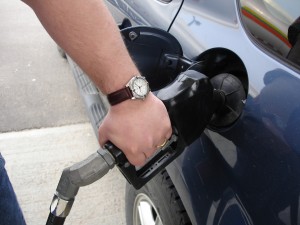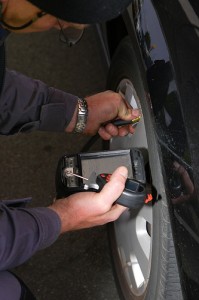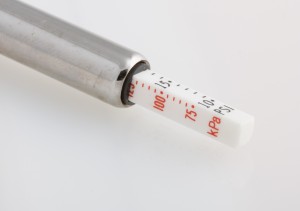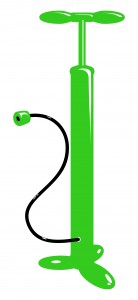The bill that authorizes the gas tax to be collected, the Safe, Accountable, Flexible, Efficient Transportation Equity Act: A Legacy for Users (SAFETEA-LU) bill, is currently on its seventh short-term extension, which expires Sept. 30. Once Congress comes back from its August recess, it’s likely that this gas tax could become the next political issue. It’s also possible that another short-term extension is granted quietly, without much kerfuffle.
Either way, this gas tax will likely remain in place, meaning prices will remain as high as they are to help pay for our country’s transportation infrastructure. If you’re still going to drive around in spite of all this, then listen up!
One way to beat the gas tax is to improve your fuel efficiency, which is possible with nitrogen tire inflation. Putting nitrogen into your tires instead of regular air, maintains proper tire pressure for a longer period of time, which increase your fuel efficiency between three and six percent. That may not seem like a lot, but as we demonstrated in our cost comparison, those dollars can really add up!
Our roads need this money, and even if the tax were to be removed, states would only make up for those lost funds by raising their own gas taxes and other transportation fees. The best thing to do is to make sure that your vehicle and driving habits are cost-efficient, so you are saving that money. A tax on gasoline, whether it’s federal or state, is not going away anytime soon. In fact, both the Chamber of Commerce and General Motors want the tax to be raised, to ensure that we have national standards for our transportation system. Overall, one of the best ways to beat this tax and to save yourself some money is to use nitrogen tire inflation. After all, you’re still going to be driving around, using up gas. Why not make your car more fuel efficient?












